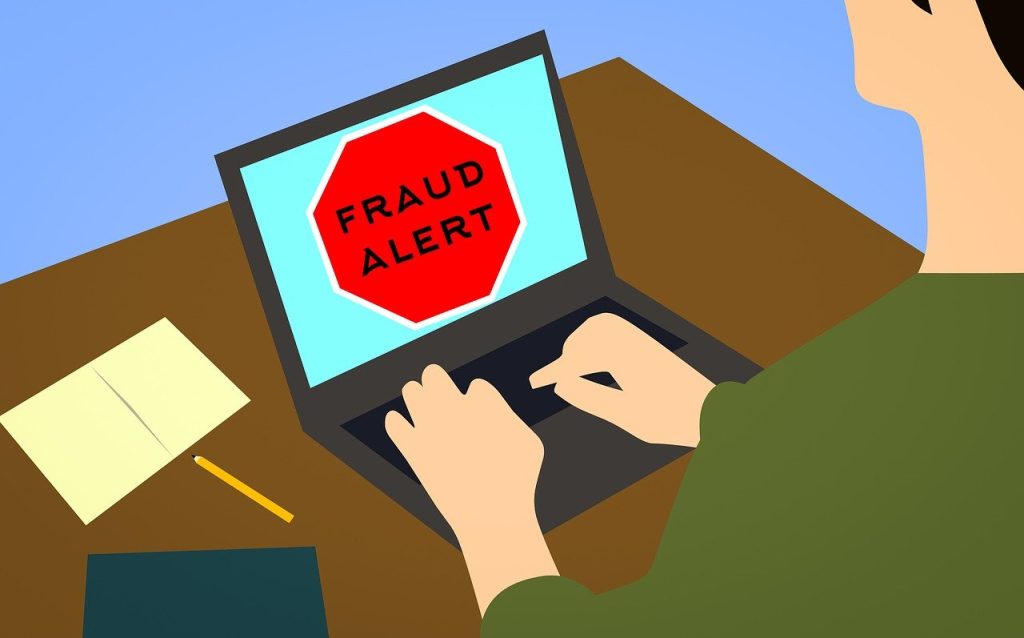There’s all sorts of problems like data theft and hacking that can drain your money fast, or even wreck your entire operation.
This is where cyber insurance steps in, serving as a life-saver in the choppy waters of the digital world.
It’s not just a fancy add-on; it’s as crucial as making sure your doors are locked when you head out.
We’ll go over what cyber insurance covers, how to file a claim, and the costs involved, to demonstrate why it’s essential for your business.
What is Cyber Insurance?
Cyber insurance is basically a type of insurance that helps businesses handle the nasty stuff that can go down online, like when your data gets leaked or your systems get wrecked by malware.
Think of it as a digital watchdog that doesn’t just bark at threats but also helps you stand up again if a hacker slips past your defences.
The concept of cyber insurance isn’t exactly a fresh one, but it’s been getting more attention lately.
It’s like the digital take on regular insurance that protects your physical assets, but this one’s for guarding your online presence against the internet’s special brand of hazards. As tech moves fast and hackers get craftier, what cyber insurance covers has changed a lot.
It used to be about getting over viruses and hacks, but now it includes a bunch of online troubles, like data theft, cyber blackmail, and even paying for legal stuff if you get into digital fights.
One big thing to get is that cyber insurance doesn’t work the same for everyone.
What it covers, how much it costs, and the hoops you gotta jump through to claim it can vary a lot.
A small web shop’s risks aren’t the same as a big hospital’s or bank’s, so the insurance has to match what you’re up against.
It’s all about balancing what’s protected, what’s not, and how much you’re okay with paying to keep your online side safe.
Key Coverage Areas of Cyber Insurance Policies
Alright, let’s break down what cyber insurance usually covers. Think of it as a safety-net for your online stuff, and knowing what it catches can ease your mind a bit.
First up, we’re talking about data breach and privacy stuff. This one’s a big deal because it’s all about keeping your customers’ personal info safe. If a hacker gets their hands on your data, this part of your insurance can help pay for fixing things up – like telling everyone affected, watching their credit, and maybe even PR moves to fix your good name.
Next is business interruption losses. Picture your online shop going dark ’cause of a cyber attack. You’re not just fighting off the attack, but you’re also losing cash since nobody can buy anything. Cyber insurance can help make up for the money lost while you’re sorting things out, so you can keep the lights on.
Cyber extortion is another chunk it covers. Feels like something from a flick, but things like ransom ware attacks are the real deal, locking you out and asking for cash to let you back in. Your policy can handle the ransom (if you decide to pay) and the cost of dealing with the threat.
Lastly, there’s the money tied up in legal stuff. If someone takes you to court over a leak that spilled their details, or if you need to chase someone for causing a cyber mess, your insurance can help with the legal bills and any settlements.
Each piece of coverage is about easing the sting from different online disasters.
But keep in mind, policies change like the weather—always shifting.
So, have a good talk with your insurer about what your policy covers and any extra bits you might want to tack on.
Understanding the Claims Process
Getting through the claims process for cyber insurance might seem like walking through a maze with your eyes covered, but don’t worry too much.
We can break it into steps to make it easy, almost like a gentle boat ride.
When you get hit by a cyber problem, you need to tell your insurance company fast. It’s like yelling for backup; the quicker they know, the faster they can jump in and help clean up the mess. You’ll probably have to fill out a form saying what went down, how bad it is, and what you’ve done right away.
Next comes the part where they check everything out. Your insurance might call in their tech experts to dig in and see how bad the damage is. This step’s super important because it lets your insurer figure out how the trouble started and how bad things got. Kind of like a detective looking at the clues.
If everything checks out and your claim fits with your policy, they start to sort out the payment. This means they’ll start covering costs like they said they would in your policy. If it’s about stolen data, they might pay for letting people know, keeping an eye on credit scores, and maybe even lawyer fees if you’re being sued.
But keep in mind, it might not be super smooth. Sometimes, there’s a bit of arguing over what’s covered or how much they’ll pay. It’s not always easy, and you might have to talk it out a bit.
A good tip is to keep track of everything – how you dealt with the problem at first, all the talks with your insurance, everything. It’s like making your case stronger. The more you’ve got to show, the easier the claim process will be.
Even though there might be some tricky parts, knowing what’s coming and being ready can help you get through it feeling a bit more sure.
Costs and Considerations When Choosing a Cyber Insurance Policy
When picking a cyber insurance policy, it’s kind of like choosing the right gear for a camping trip.
You want something that’s gonna match up with what you’re up against. The cost and what you get covered for can be all over the place, so here’s what you gotta think about.
First up, there’s the cost of the premiums. A bunch of stuff can change how much you pay, like how big your business is, the kind of work you do (some jobs are more likely to get hit by cyber trouble than others), and the kind of info you’re keeping safe. More risk means you’re gonna be paying more. It’s the same as any other kind of insurance.
Then, you’ve got the deductible. This is what you gotta pay out of your own pocket before the insurance starts covering costs. Picking a higher deductible might make your premiums cheaper, but don’t go so high that it’ll sting if you have to claim.
Coverage limits are another big deal. This is the most your insurer will pay out. You want it high enough to cover you if stuff really hits the fan, but remember, more coverage usually means higher premiums.
And don’t just agree to a policy without really looking into it. Understand what it covers and what it doesn’t. The last thing you want is a shock when you try to make a claim.
So, take your time, talk to a few insurance companies, and pick a policy that’s got your back without costing an arm and a leg for your business.
Conclusion
Wrapping this up, getting cyber insurance is basically a smart move for any business out there in the online world today.
With cyber threats getting sneakier and more expensive, that safety layer could mean the difference between a small bump in the road and a massive mess.
But it’s not just about grabbing any policy you find. You gotta pick one that suits your business perfectly, covers the risks you’re actually facing, and doesn’t cost an arm and a leg.
So, have a good look at what’s out there, think it over, and make sure you’re protected. After all, it’s better to be safe than sorry, right?


